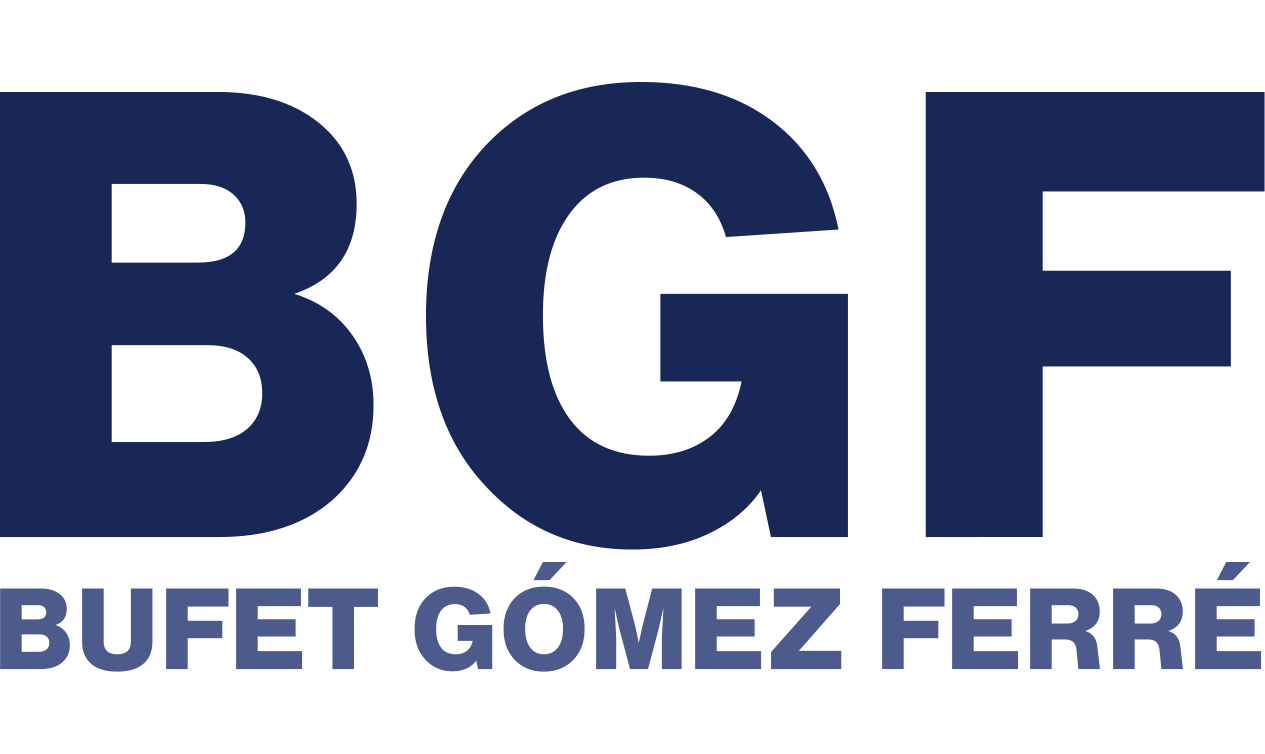
In the corporate world, unpaid debts are not always the result of external clients. Sometimes, disputes arise within the company itself: a partner or director may fail to comply with financial obligations, generate debts, or even act negligently, thereby endangering the company’s assets and those of its creditors.
In such cases, recovering a debt from a partner or director is not only possible, but corporate and commercial law provide the necessary tools to pursue claims, protect the company’s equity, and, in certain circumstances, reach the personal assets of the liable party. At our law firm specialised in claims against directors, we explain to companies and individuals how to proceed in these complex scenarios.
When is it possible to file a claim against a partner or director?
The key lies in distinguishing between corporate liability and personal liability of the director or partner:
- Corporate liability: The company brings a claim against its director for damages caused to the legal entity itself, for example, when acting contrary to the law or the bylaws.
- Personal liability: The director is held directly accountable to shareholders or third parties for specific damages resulting from his or her conduct.
The most common grounds that allow initiating a claim against partners or directors for debts include:
- Fraudulent acts: Transactions carried out for personal benefit to the detriment of the company or minority shareholders.
- Commingling of assets: Using company funds or assets as if they were personal property.
- Breach of contract: Failure to comply with corporate agreements or signed commitments.
- Abuse of majority power: Decisions adopted by majority shareholders to the detriment of minority shareholders.
- Piercing the corporate veil: When it is proven that the company serves merely as a façade to conceal assets or debts.
Legal grounds for filing a claim
Commercial law provides several avenues to hold a partner or director accountable:
Practical procedure to recover the debt
To recover a debt from a partner or director, a structured action plan must be followed to maximise recovery prospects and reduce delays:
- 1. Formal payment request
Send a written and verifiable notice to the partner or director, demanding the outstanding amount and recording the date, content, and confirmation of receipt.
- 2. Out-of-court remedies
Seek direct negotiation, mediation, or arbitration to reach a swift agreement and avoid court costs and delays.
- 3. Civil lawsuit
If no agreement is reached, a claim for debts against directors or a liability action against the partner may be filed. In such cases, strong documentary and accounting evidence is essential.
- 4. Precautionary measures
Request preventive seizures, entries in the Land Registry or the Commercial Registry to secure assets before judgment.
- 5. Enforcement of judgment
Once the claim is upheld, seize and auction assets if no voluntary payment is made.
Throughout the procedure, it is highly advisable to have the support of a commercial lawyer specialised in corporate law, who can guide you through the process, avoid procedural mistakes, and maximise the chances of success.
What to do if the company enters insolvency proceedings?
When the debtor company enters insolvency proceedings, the creditor must act quickly to safeguard recovery rights:
- File the claim with the insolvency administrator within the statutory period, published in the Public Insolvency Register.
- Assess whether the insolvency can be classified as culpable, which could open the door to claims against the liable directors and partners.
- Analyse the feasibility of bringing an individual liability action or debt liability action, particularly in cases of serious breaches or negligent management.
In this scenario, a thorough understanding of the applicable deadlines, requirements, and legal avenues is crucial to avoid losing opportunities and to maximise recovery of the debt.
Evidence and essential documentation
To successfully claim a debt from a partner or director, you must gather and submit solid evidence proving both the existence of the debt and the direct liability of the individual involved. The most relevant documentation includes:
If the director of the indebted company has initiated insolvency proceedings and the company is in a “no-assets insolvency”, we recommend learning the specific features of this scenario. You can read more in our article “Claiming debts from companies in no-assets insolvency: Legal guide”, where we explain the steps and requirements to act in such cases.
The more complete and organised the documentation, the greater the chances of success in the claim, both through out-of-court remedies and in legal proceedings against the partner or director. If handled by a lawyer specialised in debt recovery claims against directors, they will help determine exactly which documents are needed and provide legal support throughout the entire process.
Frequently Asked Questions
In general, claims against directors expire after 4 years from the moment the action could be exercised or from the end of their term, depending on the applicable criterion. This deadline is regulated in the Companies Act and case law, so each case must be analysed individually. Acting quickly can prevent the claim from expiring and ensure preservation of key evidence.
When a company has been dissolved and liquidated, it no longer operates, but that does not mean liability cannot be pursued. In certain cases, directors may be personally liable if there were outstanding debts or negligent management. In our article “How to claim debts from dissolved companies” we explain in detail the requirements, evidence needed, and steps to follow to file a claim effectively.
Yes. In cases of liability for company debts, direct damages to third parties, or corporate fraud, it is mandatory to file the claim with a lawyer and, in most proceedings, also with a court representative. Legal advice helps evaluate the feasibility of the claim, prepare the strategy, and gather the necessary documentation to file effectively.
Free lawyer consultation – Lawyers specialised in debt recovery claims against directors
We offer a free and confidential initial consultation with our litigation lawyers in Barcelona, experts in claims against partners and directors for debts or negligent management.
If you suspect that a partner or director owes you money or has mismanaged the company, do not wait. At BUFET GÓMEZ FERRÉ we study your case individually, assess the feasibility of the claim, and design the most effective strategy to recover debt from a partner or director.
We work under our success-based fee model, which means our fees depend on the outcome of the proceedings, always adapting to each client’s circumstances. You can find more information about our services on Debt recovery claims against directors and Corporate and commercial law on our website.




